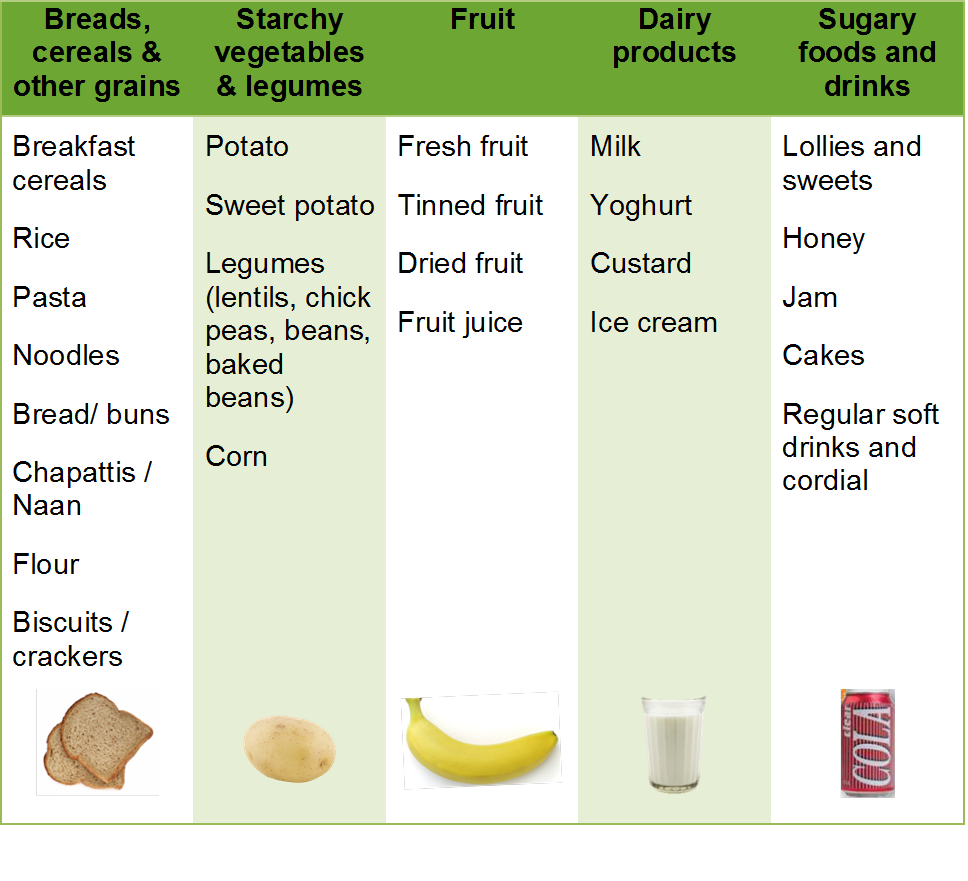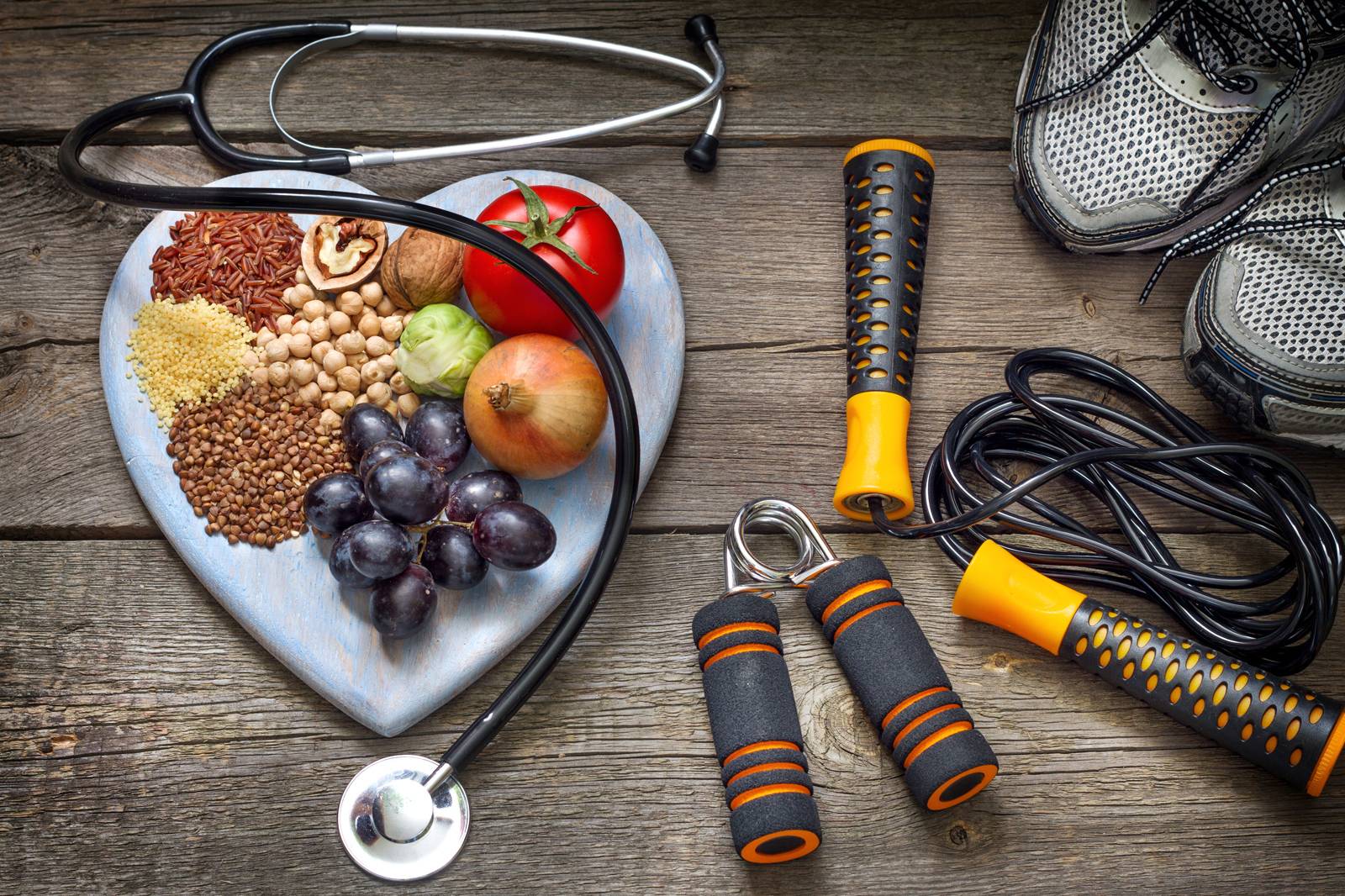
Our resting metabolism slows as we age. In this way, it is possible to lose weight in your 20s and 30, but not in your 30s. Insufficient sleep can cause your body to crave high-calorie, fatty foods. Not getting enough sleep can make you feel weak, reducing your ability to exercise and lose weight. These are some ways to lose weight in your 20s and 30,
Metabolic changes
You are already experiencing puberty, growth spurts, and other hormonal changes. While your metabolism has not changed, your weight has. Your body is still burning calories to build muscles and strengthen your bones. Your weight loss goals may be more difficult than you thought possible in your 20s. There are ways you can maintain a healthy metabolism while still young and lose weight.
Your metabolism slows down approximately 2 percent per ten years after the age of 25. You must reduce your caloric intake to maintain your weight. To maintain her weight, for example, a woman who used 1 800 calories per day must reduce her caloric consumption by 2 percent. She might have difficulty gaining muscle, experience erectile disorder, or even be depressed.

Weight gain
You might not realize it but you can start to gain weight after your 20s even if the weight you lost is substantial. While your body may lose or gain weight, you will not see the difference on your skin. As you age, your face's baby fat (the fatty deposits in the cheeks) will diminish. Subcutaneous fat decreases due to a variety of factors including hormonal changes and metabolic modifications.
According to CDC statistics, adults average one to two pounds of weight gain each year after losing weight in their 20s. This means that you could gain between 10-20 pounds every decade. In your 50s, this can add up to 40 pounds. This is normal for most adults. However women who have trouble maintaining their weight after middle age blame hormones, or their slow metabolisms. The average weight of a woman is 162 to 172 pounds. The CDC methodology focuses primarily on national data and not self-reporting.
Hormonal changes
Chances are, you're going through hormonal changes as a young woman in her twenties. Hormones affect many aspects of our bodies, including our mood and our sexual health. Many young women suffer from hormonal imbalances, often without realizing it. Fortunately, Bangkok's leading hormone imbalance treatment clinics can help you find relief for your symptoms. Learn more about our hormone treatments.
Hormones are responsible to regulating your metabolism. However, there are other factors that can impact your weight. Your body can be controlled by a healthy lifestyle. A balanced diet, adequate sleep, and managing your stress levels will all help to maintain a healthy weight. Professionals can conduct hormone testing to identify the root cause of any problems with your hormones.

Exercise
As a teen, you likely don't have time to devote to a regular exercise routine. It's worth starting an exercise program now to reap the benefits later. Young people are always on the go, busy with work and school, and lacking time for a workout routine. Doctors and fitness experts suggest that you begin working out in your 20s while you are still young and healthy. It's easy to feel intimidated about the prospect of working out. But just 30 minutes per day of cardio can make all the difference.
Strength training and cardio are two of the most effective ways to lose fat in your 20s. Cardio exercises are better for younger people due to their high concentration of lean muscles. For strength and cardio training, you can combine them with strength circuits and high intensity interval training. In addition, this is a great time to increase your metabolism and recover. The goal is to burn fat while establishing healthy habits.
FAQ
How often do people fast?
Most people who follow a ketogenic diet fast once per week. However, there are some who fast twice per week. And others fast three times per week.
There are many lengths to fasting. Some people fast for 24 or 48 hours, while others go for 48.
Some people go on for more than 72 hours. However, these extreme cases are rare.
Is there a difference between intermittent fasting, calorie restriction, and intermittent fasting?
Calorie restriction refers to eating less than what your body requires. Intermittent fasting is different because it doesn't involve restricting calories. Instead, Intermittent Fasting is about eating fewer calories per day.
Intermittent fasting works better because it allows for you to enjoy your favorite foods without feeling guilty.
Both methods have their merits and weaknesses. You will need to decide which method is best for you.
Can I eat fruits when I am intermittently fasting?
Fruits are great for your health. They contain vitamins, minerals, fiber and antioxidants. But, they can also contain sugar that can spike blood glucose levels. This can lead insulin resistance and weight increase. You can lose weight by following an IF diet. Make sure to eat low glycemic fruits like apples, pears and berries.
How long should I do Intermittent fasting to lose weight?
The answer is not as simple as you might think. There are many factors that need to be taken into consideration when deciding how many days of fasting is necessary for optimal fat loss. These include:
-
Your age. For example, if you're young (under 40), intermittent fasting may be too difficult for you because you have less time to recover from each day's fast. Alternately, if your age is over 60, intermittent fasting might prove too challenging because you may not have enough energy to last for extended periods of time.
-
Your current body composition. Your current body composition. If you have a lot more muscle mass than you need, then you will likely be more successful with longer fasting periods. For those with less muscle mass, however, you may be able to benefit from shorter fasting times.
-
How physically active you are. Regular exercise may mean that your fasting window needs to be extended to allow you to get sufficient rest between sessions.
-
Your past medical history. Some people with medical conditions like diabetes, heart disease, cancer, etc., may require additional fasting monitoring.
-
How do you handle stress? Stressful situations often make us eat less. To avoid this problem, you may need to increase the length of your fasting windows.
-
Your diet. Certain diets, like ketogenic diets, may require even longer fasting periods.
-
The quality of your sleep. Also, a lack of sleep has been linked with increased appetites and decreased metabolism. It might take some time to find what works best for your needs.
-
The amount of protein you consume. The ability to stabilize blood sugar levels. Eating more protein can lead to lower insulin levels. This would allow you be more consistent in your fasting.
-
No matter if you are trying gain or lose weight. People trying to gain weight often need longer fasting periods than people trying to lose weight.
-
What percentage of calories do you consume during your fasting window? You might lose more fat if your daily calories are lower than those you consume.
-
Your overall fitness level. A person who is very fit will burn more calories every day because they are faster.
-
Your gender. Men have greater appetites than women and may need to fast longer. Women have smaller appetites than men, so they may need to fast just 20-30 minutes each day.
-
Your lifestyle. Do you exercise a lot? Do you work out several times a week? Do you have a job that requires you to sit at a desk all the time? These factors can impact how fast you should be moving.
-
How much money do your spend on food every day? Eating healthy foods doesn't necessarily mean spending much money on groceries. You can save money by buying whole grains instead of white bread, fruits instead of candy bars, and lean meats instead of fatty cuts.
-
How important it can be to control your appetite. You might not have to fast as much if your hunger isn't a problem.
Why should you lose weight before reaching 40?
Maintaining health and fitness is the most important thing for people over 40. It is essential to find ways to stay fit throughout one's life. This means regular exercise, healthy eating habits, not smoking, moderate alcohol intake, and regular exercise.
It is also important to understand that as we get older, our bodies change. Our bones become weaker, and our muscles begin to shrink. We can slow down the aging process by taking care of ourselves.
As we age, there are many advantages to being healthy and fit. These benefits include:
-
Better sleep
-
Better mood
-
Increased energy levels
-
Lower risk for cancer
-
A longer life
-
More independence
-
Better sex
-
Better memory
-
Improved concentration
-
Improved circulation
-
Stronger immune system
-
Less pain and aches
Statistics
- It's estimated that half of all American adults attempt to lose weight every year (1Trusted (healthline.com)
- According to Harvard Health, it's estimated that a 155-pound (70-kg) person burns around 167 calories per 30 minutes of walking at a moderate pace of 4 mph (6.4 km/h) (5). (healthline.com)
- One study in 9 active men found that HIIT burned 25–30% more calories per minute than other types of exercises, including weight training, cycling, and running on a treadmill (18Trusted Source (healthline.com)
- Another study found that 24 weeks of weight training led to a 9% increase in metabolic rate among men, which equated to burning approximately 140 more calories per day. (healthline.com)
External Links
How To
9 Tips to Lose Weight Naturally
The number one problem that people face is losing weight. It's very difficult to maintain a healthy lifestyle when you are constantly trying to lose weight. You can lose weight by exercising, dieting and other methods, but they do not last forever.
I'm going to share with you some natural methods to lose weight, without side effects. Let's start!
-
Lemon Water Drinking lemon water helps to flush out toxins from your body. This beverage detoxifies your body and boosts your energy levels throughout the day. Drinking this drink daily can help you reduce weight.
-
Increase your intake of vegetables. Vegetables provide fiber, vitamins and minerals as well as antioxidants. They give you a feeling of fullness. Eating vegetables can help you lose weight.
-
Increase Protein Intake. Protein is an important nutrient, which plays an important role building muscles. A high-protein diet will help you gain lean muscle mass and reduce your weight.
-
Green Tea is the best. Green tea contains caffeine, which reduces appetite and increases metabolism. Research has shown that caffeine can increase thermogenesis, or the process by which heat is created. Thermogenesis is the reason why coffee drinkers tend to have lower levels of fat compared to non-coffee drinkers.
-
Use Cold Showers. Cold showers can help to lose weight. Research shows that cold showers have up to 50% less calories than warm showers.
-
Avoid Alcohol. Overeating is often caused by alcohol. If you consume alcohol frequently, then you will gain weight easily.
-
Do Cardio Exercise Daily. Cardiovascular exercise is proven to help you lose weight. It improves blood circulation, energy levels, and keeps people fit. Walking, swimming, cycling and running are all possible.
-
Avoid skipping meals You can control hunger pangs by eating small meals throughout the day, rather than three large meals. Avoiding meals can lead to fatigue and a lack of concentration.
-
Reduce Sugar Consumption. Sugar is addictive, and it affects your mood negatively. Sugar temporarily gives you energy, but once you stop eating sugar you will feel tired and slow.